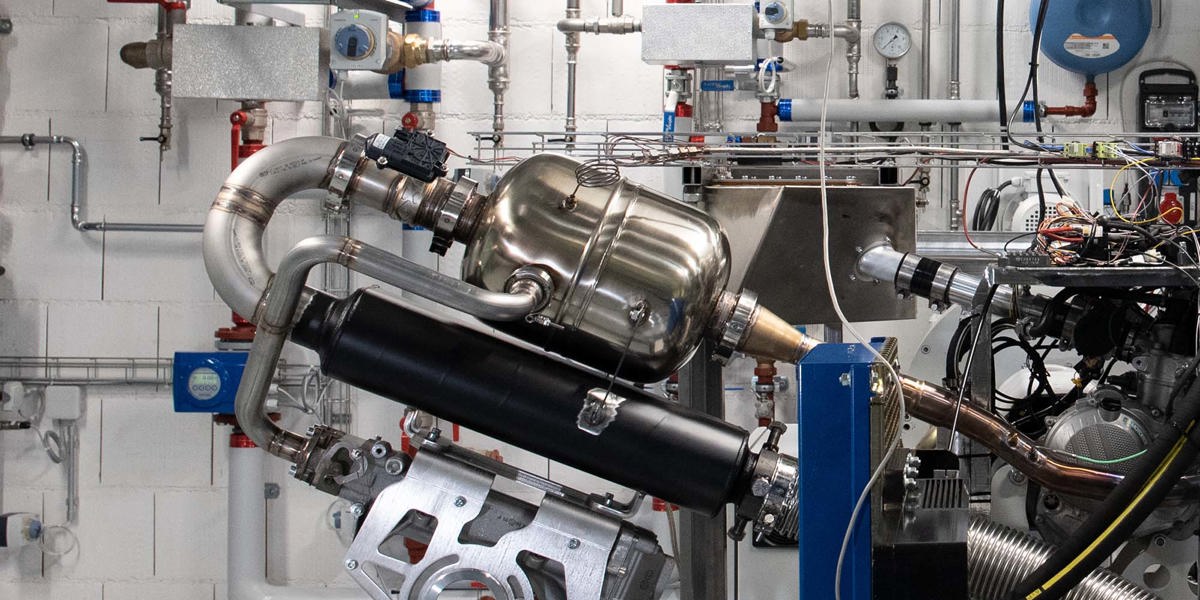SeSi

From ideas to industry
The SeSi institute specializes in high added value mechanical components, as well as in mechanical systems developed using digital tools and designed to be smart and durable.
Digital models for faster development and lower production costs
Efficient energy and resource use in production and during operation
Design and production processes that enable circular economy practices
Research focus areas
The SeSi institute uses digital technology to optimize both the development and the performance of mechanical systems in terms of efficiency, reliability, safety, durability and autonomy. The institute specializes in applying virtual immersion to parts or to the entirety of a product’s life cycle, and in the practice of systemic innovation.
Systems
- Developing design and fabrication processes for products and systems under a circular economy framework
- Instrumenting and testing mechanical systems or prototypes to analyze their behavior and to propose optimized, industry-ready solutions
- Improving the design of components and hydraulic systems for mobile machines through simulation and advanced behavior analysis
- Developing new electro-hydraulic systems and widening their field of application to include autonomous robots and exoskeletons
Sustainability
- Minimizing energy and resource consumption in production and during product lifetime
- Developing innovative and environmentally-friendly drive and powertrain solutions, in particular by harnessing the power of hydrogen as a substitute for fossil fuels
Digitalization
- Improving development time and reducing production costs through digital modeling (simulation, prototyping)
- Mastering the integration of multiple technologies (especially electronics and IT systems) into mechanical systems, with the aim of offering predictive maintenance capabilities or enhancing industrial organization (industry 4.0)
Facilities
The SeSi institute relies on state-of-the-art infrastructure to carry out its advanced research and development projects, including a dynamic test bench, a wind tunnel, combustion engine test benches, an electro-hydraulic test bench, and the Siemens PLM software suite.
Contact
Vincent Bourquin
Full Professor UAS/Co-head of institute
Office
HEIA_D00.09
Phone
+41 26 429 68 41
E-mail
vincent.bourquin@hefr.ch
Laurent Donato
Full Professor UAS/Co-head of institute
Office
HEIA_D10.09
Phone
+41 26 429 66 77
E-mail
laurent.donato@hefr.ch

